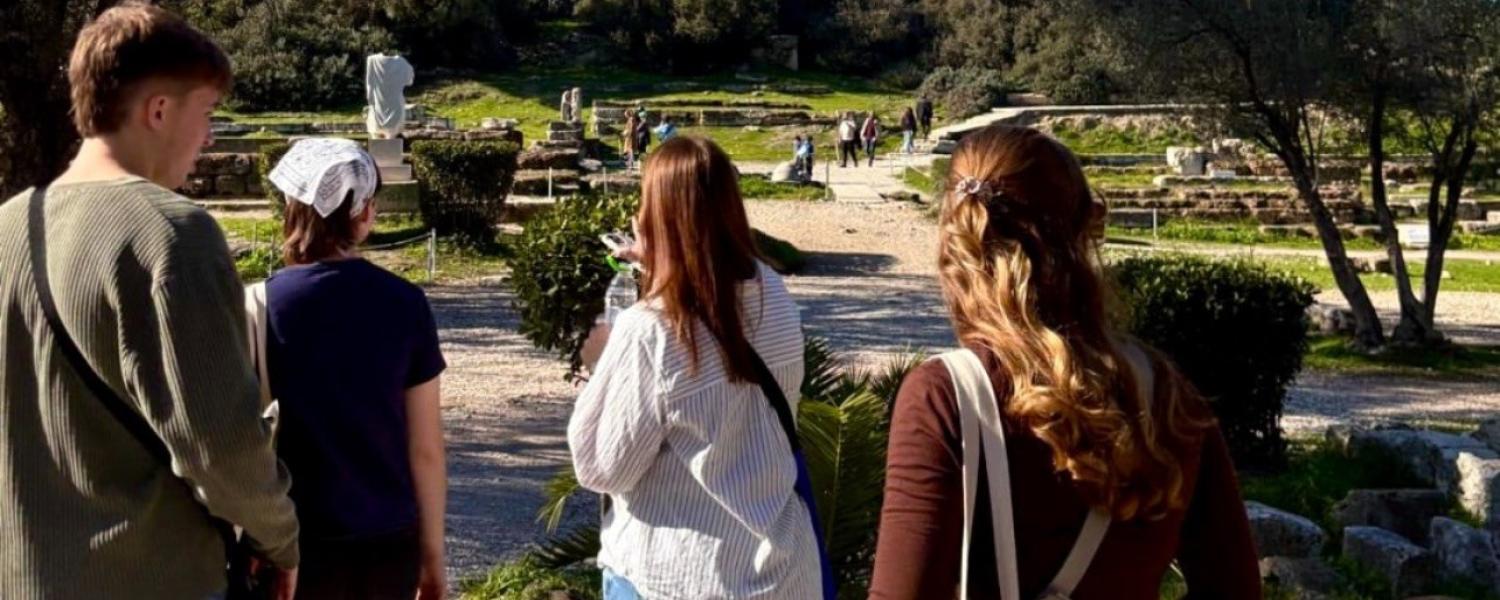
The Bachelor of Arts degree in Classics provides a foundation in the Western humanities while sharpening a student’s analytical skills and English vocabulary through the systematic study of the ancient languages. Colloquia are offered regularly, covering such thematic topics as violence, gender, sexuality, and ancient Christianity.
Read on to learn about key aspects of our bachelor’s in classical languages program, as well as how a degree from Kent State can put you on a path to success.



